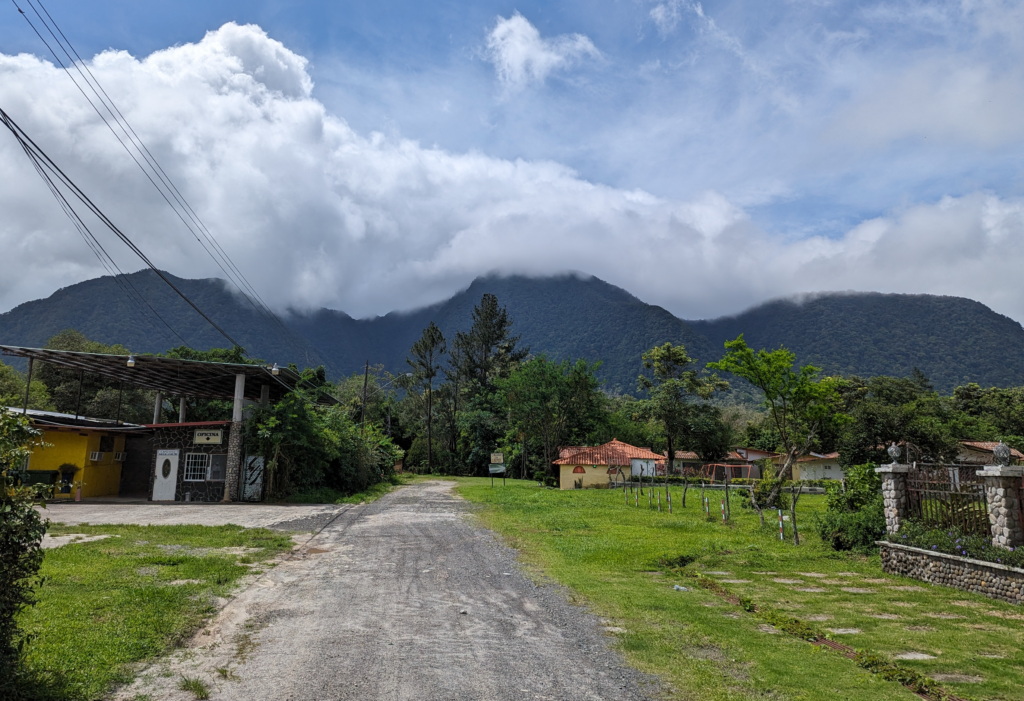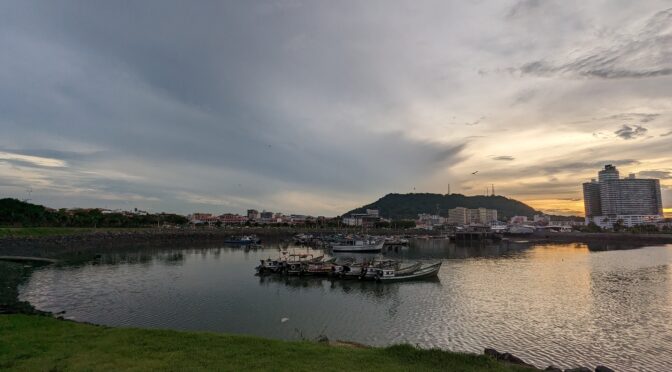By Francisco Alvarado-Quiroz, Graduate student at the UT LBJ School of Public Affairs
What we know collectively as “Latin America” contains, depending on whom you ask and how you count, some 21-plus countries. The landscapes contain high-altitude cities, untouched jungles, and beautiful beaches. While you could get away communicating in Spanish throughout most of the region, there are an uncountable number of languages and dialects.
As diverse as the region is, there are many common historical, cultural, and economic links. General José de San Martín is celebrated in Chile, Argentina, Uruguay, and Peru for his leadership against Spanish forces, leading him to lead a dramatic march over the Andes in 1817. General Simón Bolívar is celebrated in seven counties for the role he played in overthrowing Spanish colonial authority.


Countries in Latin America all fought colonial powers, mostly Portugal or Spain, for independence, and they all have had to struggle to preserve democracy. People I’ve met across the region are quick to remind me of the role the United States played in their countries’ civil war or dictatorship. Many countries—Chile and Argentina come to mind—continue to actively investigate and prosecute former government and military officials who participated in the clandestine arrest, torture, and disappearing of thousands.
Not long ago, I stood in the halls of the former Escuela Superior de Mecánica de la Armada (ESMA) in Buenos Aires. The grounds of the School of Naval Mechanics served as a clandestine detention center during Argentina’s last military dictatorship. Parts of the school are sealed off from visitors since they are considered crime scenes and evidence in ongoing court cases.
Lots of this history has been the subject of popular movies and documentaries like Argentina, 1985 in the case of Argentina, La Noche de 12 Años in the case of Uruguay, and 1993 in Mexico’s case. But to many Americans, this is overlooked ancient history.
The region, and the world, saw a wave of democratization in the 80s and 90s. Dictatorships were dissolved, militaries handed power over to civilians, and elections were held. In the optimistic atmosphere of the time, we thought there was no going back to the Cold War-era dictatorship and conflict.
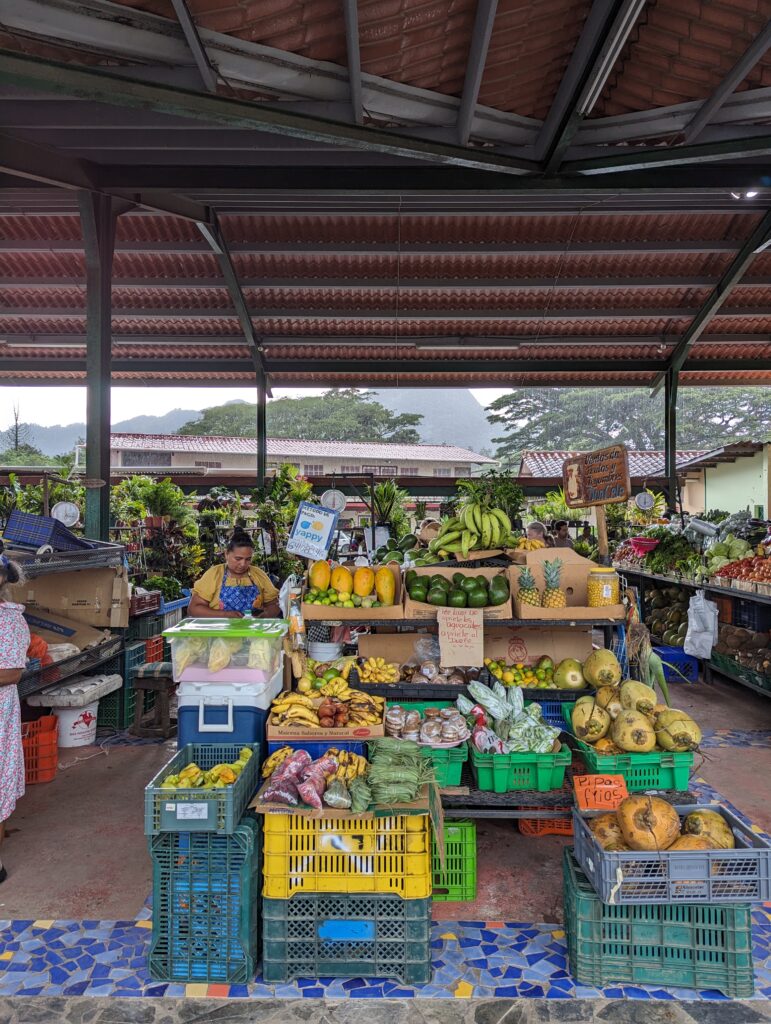
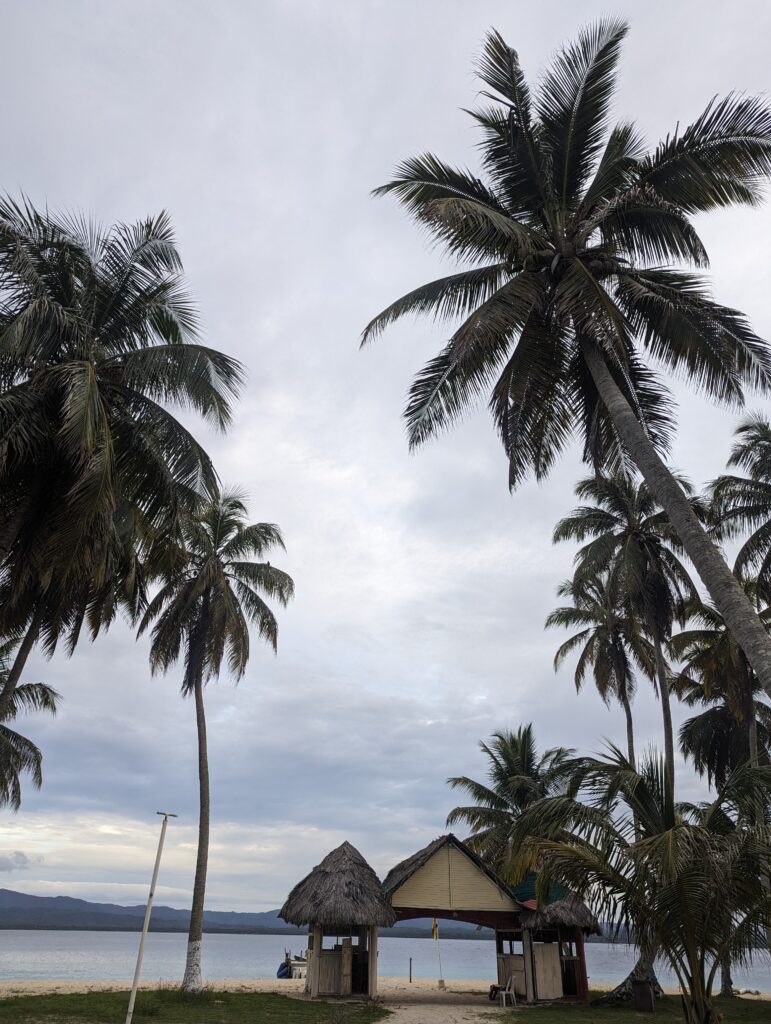
Unfortunately, that was not to be the case. As in so many parts of the world, the countries, people, and democracies in Latin America face new obstacles as we head deeper into the 21st century. The security situation in many parts of the region—even in countries once considered safe like Ecuador—is deteriorating, leading to the public asking for solutions, even if it means mass incarceration or the military acting as police.
Economically, I heard the same refrain throughout my travels. “I work all day, all week, and I feel like I can’t get ahead.” While it’s true that all of the households I visited have TVs, refrigerators, cell phones, and WIFI connections, in many of these places, not long ago, all of those things were considered a luxury. The reality stared at me in the eyes. Shanty towns next to high-rise condos, the value of the U.S. dollar going from 550 Argentinian pesos to almost 800 over a weekend after a presidential candidate who wants to dissolve Argentina’s central bank won the most votes in that country’s primary elections.
All the while, drought and heatwaves grip the region. Famously rainy Panama has had to limit the number of ships it can let through the canal due to the lack of rainfall. I sat on a park bench in Buenos Aires in a t-shirt and jeans… in the middle of winter when temperatures should be almost freezing. The same candidate who said he would dissolve the central bank also thinks climate change is fake news.
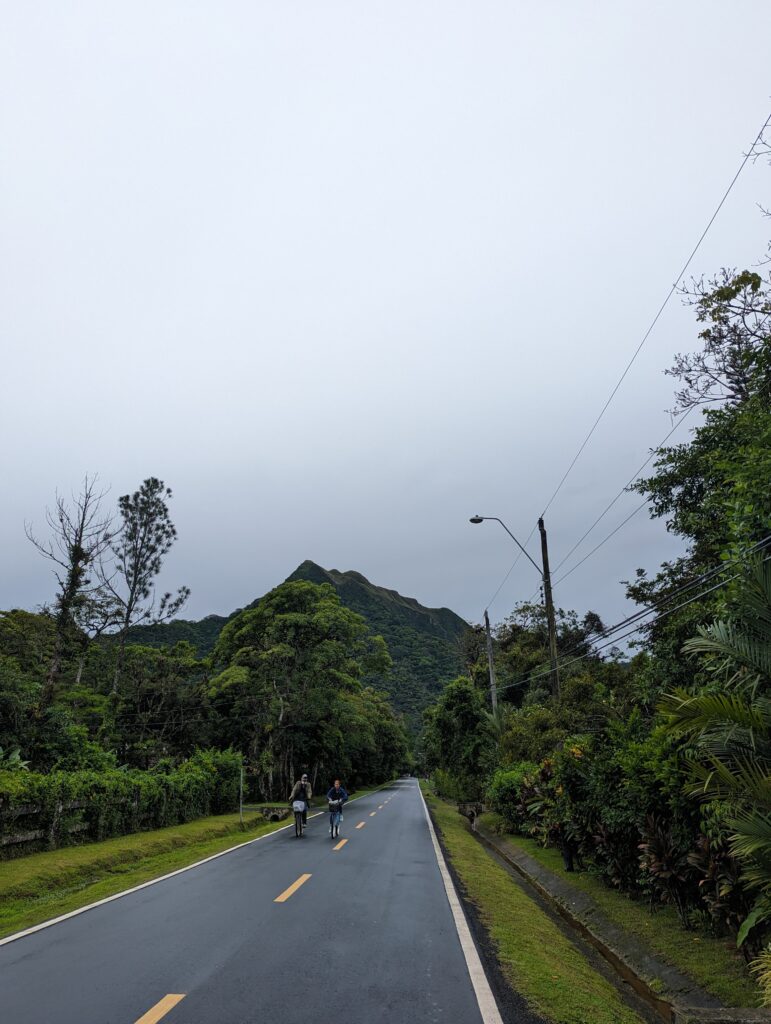
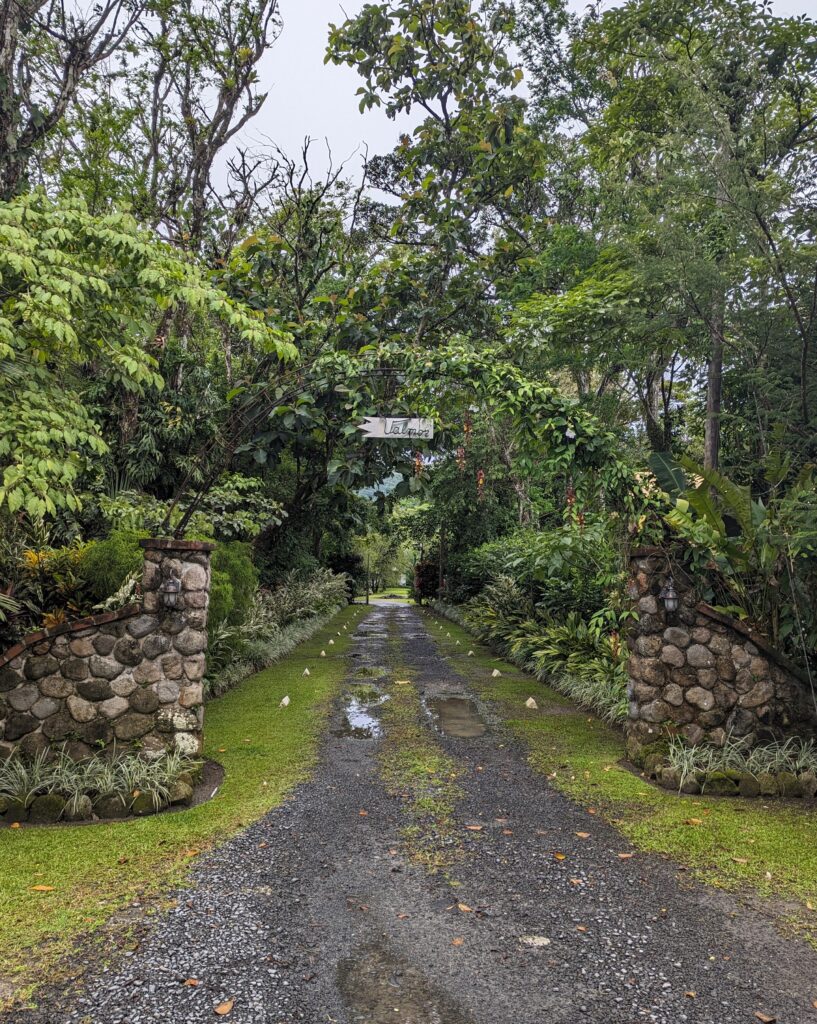
The obstacles are imposing. The democratic institutions built in the 80s and 90s will have to withstand pressures heretofore unknown to them. But everywhere I traveled—to Panama, Argentina, Uruguay, Mexico—there is another common thread, the public’s unyielding dedication to democracy. While there are rumblings among the fringes of societies about the return of military or dictatorial rule, people by and large want to have a say, and do not want to return to the old way of doing things.
The future is unknowable. We here in the United States will be facing our own democratic challenges in the upcoming elections, as will many of our friends to the south of us. It will take NGOs like International IDEA, civil servants, elected officials, and members of the public, you, to keep democracy healthy. I think we will.
